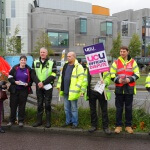
Vice-Chancellor’s Question Time: Full Interview
On 17 November, the Vice-Chancellor, Dame Julia Goodfellow, was interviewed on campus by Kent Union President, Tammy Naidoo. The Vice-Chancellor was quizzed on many topics, from development, to living standards, to extra-curricular activities, and more. Here are the main points of her responses, many of which have been paraphrased.
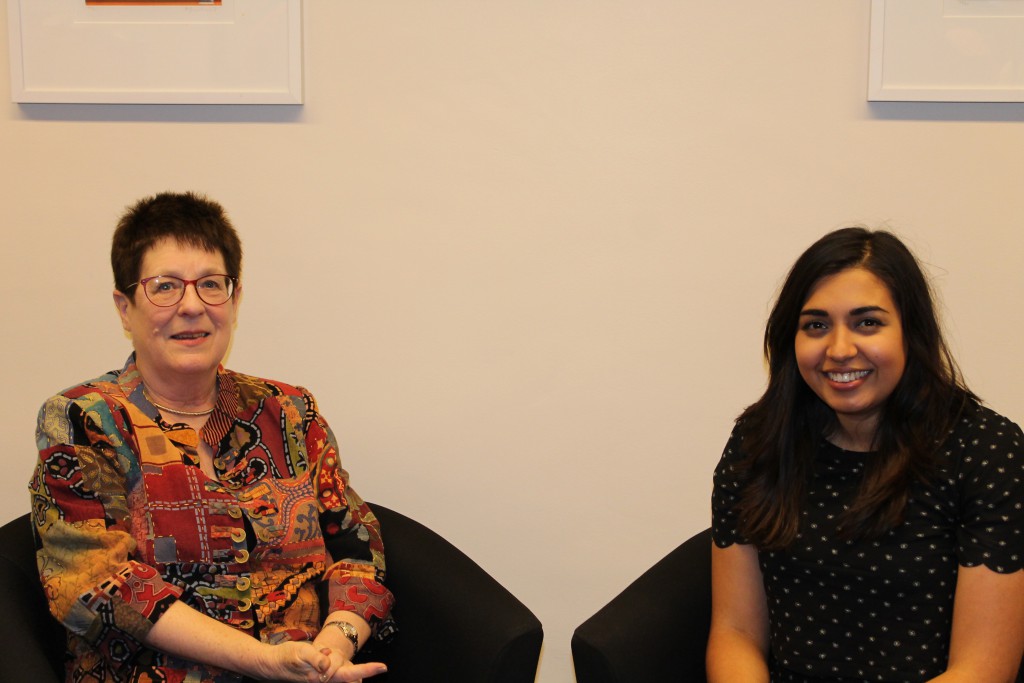
Photo by Natalie Tipping
What would you say has been the University’s biggest success this year?
Obviously the University of Kent has had a great many successes this year, including our rankings in the Guardian and The Times University Tables, and the results of the National Student Survey. I would say however that the biggest success is being shortlisted for University of the Year in the Times Higher Education Awards.
Why do you think the University of Kent is a good place to study?
I would definitely say the people. The staff are fantastic, and the students create a great atmosphere at events. Obviously a good quality of education is essential, but I think this university offers so much more outside of that. The quality of the student experience here is great.
There have obviously been many big developments to the Canterbury campus recently, but what is next for the University?
The next step is obviously to complete the projects. The main focus for us is to finish the current projects on time and on budget.
For students who don’t know, what do you do in your role?
So the role of the Vice-Chancellor of a university is very much like the Chief-Executive of a company. I act as a sort of Managing Director for the University, which is a very complex job. I look outward on a local, regional, national and international level, and work with alumni around the world to develop the University. I also have a national role this year with Universities UK, so I do quite a lot on national higher education policy. When I’m here I have a set number of meetings that I chair, and I’m available for people who want to come and see me.
Could you explain a little about your other role as President of Universities UK?
Universities UK (UUK) is basically a committee of Vice-Chancellors of universities around the country, and every two years they elect a President, who acts as a Chairperson of sorts. I was elected to serve for two years earlier this year, and was very proud to be elected as the first female President over the course of Universities UK in its 98-year history.
Considering the cuts to national funding and national education cuts, how can you justify the amount you get paid?*
The calculation of my wage is done by the remuneration committee, without me being in the room. They will consider the going rate for Vice-Chancellors of other universities in the UK, as well as the experience of the person in similar roles, as well as their achievements each year. The amount I get paid is appraised each year, based on a number of objectives that are set for me. In relation to other Vice-Chancellor’s pay cheques at other universities, my wage is actually around average.
Crossways is the house that the University pays for, for you. What is this used for, and how can you justify having this accommodation for free when students pay so much for accommodation?
Crossways was bought back in 1965 for the first Vice-Chancellor, and it is for use by me and my family – it’s in my contract that I live in that house. In the summer we hold many garden parties with members of the local community, staff, and students. In terms of accommodation on campus, the accommodation is upgraded and rejuvenated regularly, and there is a wide range of accommodation available to students at this university.
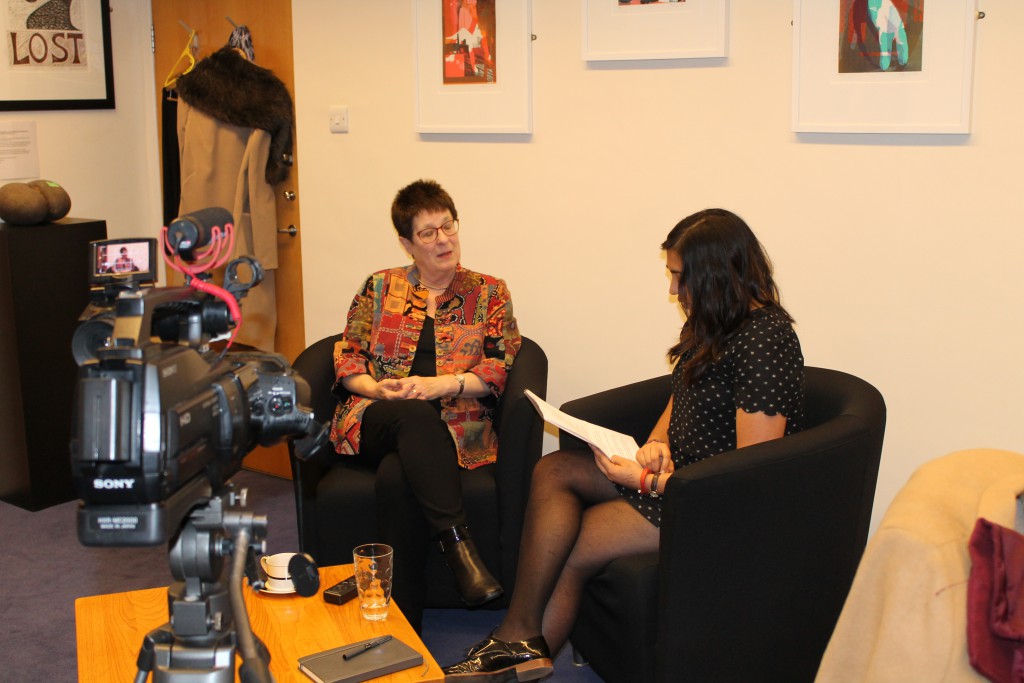
Photo by Ruby Lyle
A lot of campaigning has recently taken place on the subject of academic free Wednesdays. What is your view on students having Wednesdays free for extra-curricular activities?
I’m very happy with the current arrangements, with students having Wednesday afternoons off for extra-curricular activities such as sport. This arrangement has a benefit for the University as staff are generally not teaching, so meetings often take place on Wednesday afternoons. I think we’d have to think very carefully about Wednesdays being completely free from academic classes, especially at a time when students are more focussed than ever on value for money.
Following on from that, do you think extra-curricular activities are worthwhile for students?
I think nowadays students have a lot more on their plates, as a degree simply isn’t enough anymore, people in interviews always want to know what else you’ve done, so other activities can be very important. Amateur music here at the University is fantastic for example, I go to a number of musical events on campus. We also offer years abroad with many courses now, which is another great opportunity, and work experience is obviously another big focus for the University. Obviously your degree should be the focus, but extra-curricular activities give students something to talk about in job interviews to make them stand out.
How engaged are you with student activities? Do you read the student newspaper or attend sports fixtures to see how the teams are getting on?
I do read InQuire, and I’m not just saying that because the editors are sitting in this room! I don’t make it out to sports events no, although I do know the women’s hockey team are doing well. There’s a large number of sports teams and events, so I don’t make it to fixtures.
What would you say to critics who see the University’s spending on events like the 50th anniversary as frivolous when some accommodation is still so unappealing and run-down?
As I say, the accommodation on campus is frequently updated, even in the older colleges. In terms of the 50th anniversary, the events we ran raised more money than ever before for the Kent Opportunity Fund, and we also welcomed a lot of alumni back to the campus – almost 2,500 attended events. Alumni act as important members of the University community as they spread good word of mouth in order to improve the future prospects of the University. Overall I think the £350,000 budget for the 50th anniversary was money well-spent.
The developments on campus have turned it into a building site. What would say to first years living on this building site?
As the student community grows in numbers, expansion is necessary. In terms of the developments, we improved the library, a core building for students, first. Every generation has had to live with building work of some sort, and if you look at the price of accommodation at other universities in this area of the country, the prices are actually very reasonable.
What about the problems with Turing? What would you say about those?
Obviously we would have wished that Turing could have been finished on time, but unfortunately it wasn’t. We did get some money back from the building being late, and we did put students up in hotels for example, but it wasn’t great that this had to happen. Turing should be opening properly within the next few weeks and I’m definitely looking forward to that.
What is the University doing in terms of consistently doing what’s best for students, rather than simply ticking boxes?
Obviously we’re very aware of not simply ticking boxes, but we do have to pay attention to what league tables are looking for. What’s fundamental for us is student satisfaction, which is measured through the National Student Survey. We hope that we continue to always focus on teaching and students.
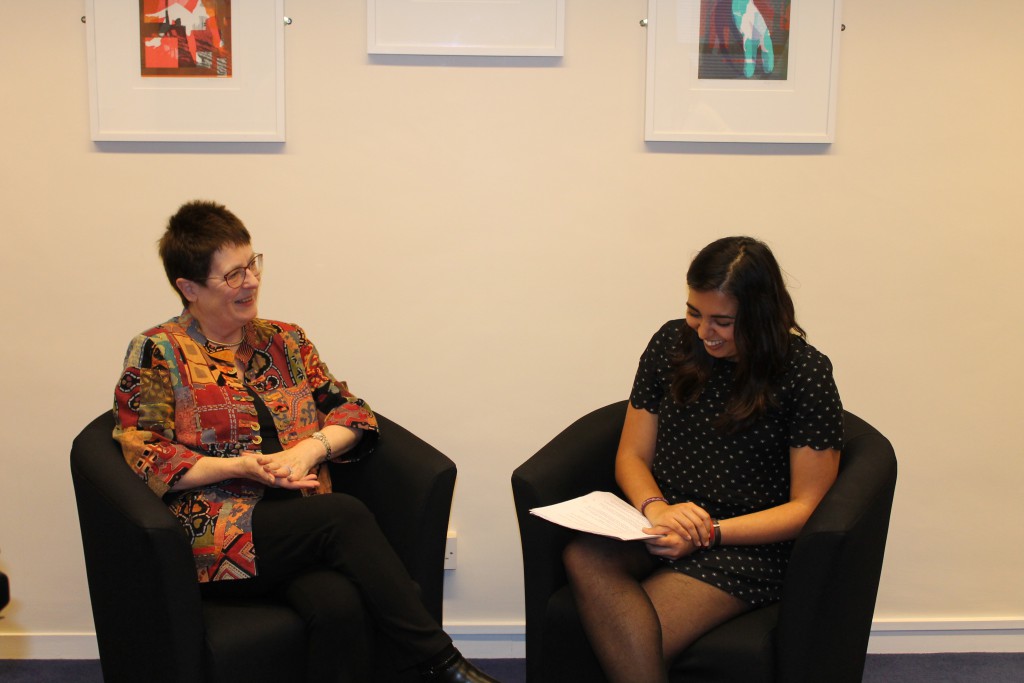
Photo by Ruby Lyle
In terms of support, what does Kent offer counselling-wise? Do you think these services should be improved as more students around the country are reported to have mental health issues?
I think that we have a very good counselling service here at the University. Wayne Campbell, the Director of Student Services and Wellbeing has done a fantastic job in developing these services, and we now have a wide range open to all students. We also have a system whereby staff members know to recommend services to students that they think might be struggling. Last year we had over 800 students attend counselling of some form, and it’s definitely a focus for us.
Unfortunately we’ve seen a number of sexual assaults recently on campus. What is the University doing to combat this in terms of improving the security of the safety of students living both on and off-campus?
This is clearly a serious issue, but thankfully Canterbury remains a relatively safe area. Any assault should not happen, and we do regularly review safety on campus. Students need to make use of the services on offer to them, such as the walking taxi offered by Campus Watch, where Campus Watch Officers walk students home from nights out to make sure they get home safely. If students are aware of issues, they should definitely report them.
Are you aware of the ongoing issues with streetlights in the local area, especially in the St Michael’s area at the bottom of the hill? What would you say about it?
Well obviously the streetlights are a big issue, but if students are concerned about their safety, we do now have the 24-hour bus service that means people can get home safely at all hours, and a lot of students have a bus pass these days. Kent County Council have not consulted the University about the streetlights to my knowledge, but that doesn’t mean it hasn’t happened.
The University already has four European Centres. Are there any plans to expand further in Europe?
There are no further plans to expand in Europe at the moment. We have recently improved our facilities at Brussels, and we’re looking to expand the facilities in Paris, Athens, and Rome, but we’re not looking to set up new campuses elsewhere in Europe at the moment. That’s not to say we won’t look to in the future.
The University has recently released an infographic detailing its investment in student experience, what investment has there been at Medway?
There has been a great deal of investment in Medway. For example, the accommodation there at Liberty Quays is of a great quality, and there has been a lot of investment in the main University buildings on the campus, including the Pilkington building, which is shared with the other universities (Greenwich and Canterbury Christ Church). There’s also been a lot refurbishment at the Dockyard, including the Sail and Colour Loft, and C4 joint facility with Greenwich. The Church Lecture Theatre at the Dockyard is simply stunning, and the refurbishment of that is fantastic.
How often do you go to Medway?
I go to Medway for meetings such as manager’s forums and council meetings, as well as various events. We’ve recently put in place a Dean for Medway, and we have a great staff over there as heads of departments and teaching staff, so I don’t need to be there to check that everything is running smoothly, but I go to Medway when required.



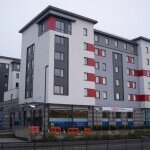


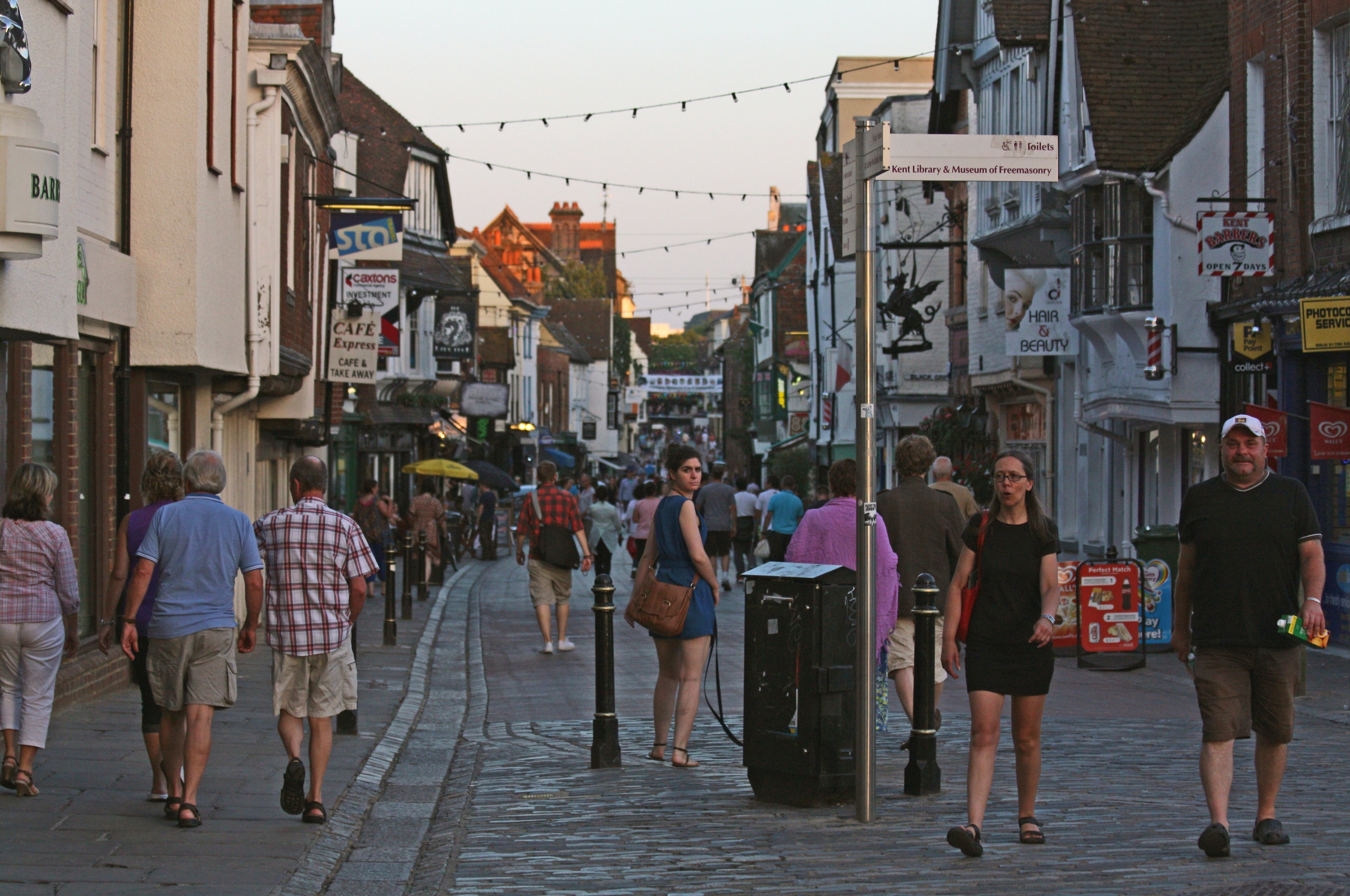










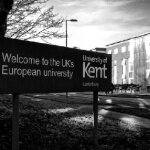






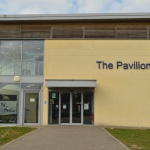






Discussions